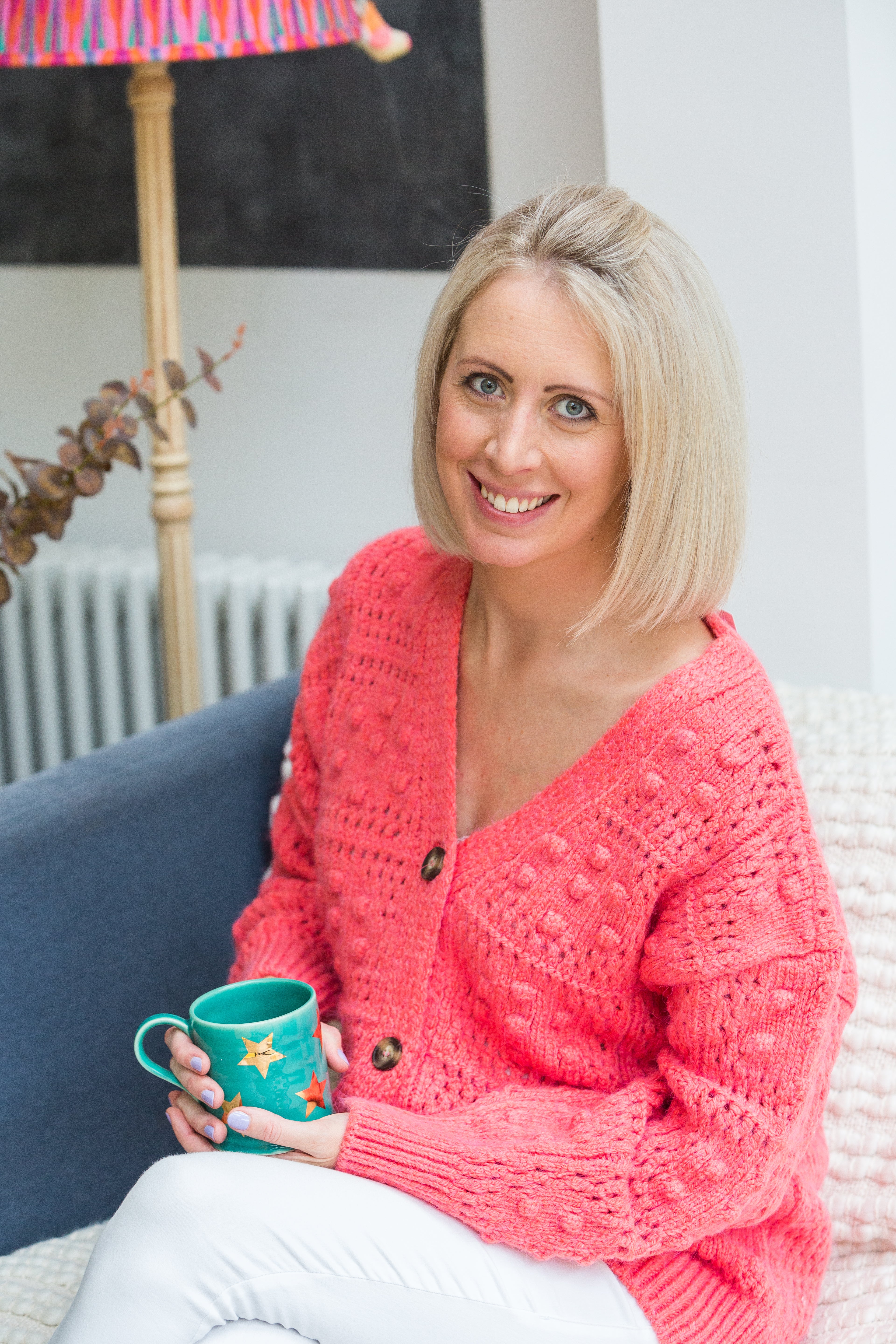Sleep, and the lack of it, is a constant topic among parents. The questions are many when it comes to implementing a sleep routine for your baby, and the amount of contradictory advice can be overwhelming.
When should you start a sleep routine for your baby? How do you do it? What does baby’s sleep routine even look like? We asked Heidi Skudder, early years parenting coach and sleep expert, to explain when it could be a good idea to introduce a routine and how you could go about it.
For a long time, the word routine had a bad rap in the baby world. The baby sleep routines that existed were strict, and parents were advised to follow them with no flexibility. While a strict routine suits some babies, it is not generally recommended in modern-day parenting.
A baby sleep routine is now more of a pattern that allows both parent and baby to benefit from knowing what comes next. Think of it as a rhythm to your day. The human body and its circadian rhythm (the internal body clock), love a little predictability. By implementing a routine for your baby, you will likely find that sleep, feeding and everything in between run smoothly.
Newborn Baby Sleeping Patterns
Newborn babies are usually very sleepy as they are getting used to being in the big wide world. In the first ten days to two weeks, they generally only wake up to feed.
This is where parents are fooled into thinking that they have nailed the baby sleep side of things – but from around two weeks and onwards, the baby starts to spend more time awake. And, as you’ll notice, there is no predictability in the newborn baby’s need for sleep, food, or comfort.
This means that during the nighttime, when we are programmed to sleep, your baby can be awake for hours, only to take an unexpectedly long nap in the morning or afternoon.
This is usually when the sleep deprivation hits hard, leaving everyone wondering how to get the baby into a functioning sleep routine.
Baby sleeping patterns 1- 3 months
After those first few weeks of sleepiness, it usually becomes more difficult to put your baby to sleep, and they tend to wake up more frequently. You can expect a baby this age to be waking up to feed every two to three hours.
During these first few months, there is no need to implement a sleep routine for your baby, unless you really feel that you need one. The priority for newborns is to establish their feeding, ensuring that their latch is secure, they can swallow and feed efficiently, and they are comfortable.
Babies younger than three months will often need a lot of support to go to sleep, and sometimes to stay asleep too. They might need rocking, feeding or walking off to sleep. Some babies need holding for the duration of their naps. If you find yourself with a baby who will only sleep on top of you, check out the safe sleeping guidelines by the Lullaby Trust for information on how to keep your baby safe.
In the first three months, much of your time will be spent feeding, bonding, and settling into your new family constellation. If you can, practise putting your baby down for the occasional nap during the day. This will start preparing them for a daytime sleep routine.
From around 12 weeks, it could be a good idea to start thinking about a sleep routine for your baby.
Baby sleeping patterns 3-6 months
As your baby reaches three months, feeding should be on its way to becoming fully established. This hopefully means that your baby is happy, comfortable and getting enough milk or formula to gain weight. If this is the case, three hours between feeds is now usually a good interval. This also means that it could be the right time to try to establish a baby sleep routine that works for your family.
There are many types of baby sleep routines to choose from – some follow the clock, others are based on awake windows, and some simply focus on keeping the same bedtime every evening.
Discovering what works for your family may take a little time, as a baby’s sleep routine usually develops through trial and error.
By three months, most babies can stay awake for about 1.5 to 2 hours during the day. Toward the end of this period, often called an ‘awake window’, they’ll benefit from being settled to sleep. As your baby gets older, their awake window increases. Most babies this age nap three to five times a day, with their daytime lasting about 12 hours and their nighttime about the same, including feeds.
By around six months, babies can usually stay awake for 2 to 2.5 hours during the day, which means they need less daytime sleep while still (hopefully) getting the same amount at night. At this age, sleep reduces, and your baby will usually only need three naps during the day. Their total daytime sleep is reduced to allow for longer and more restful nights.
Tips: Baby sleep routines
- There are many books and online baby sleep courses that suggest different routines for different ages. There is no right or wrong; choose a routine that suits you and your baby.
- Learn about awake windows; they are key for helping your baby settle and sleep more easily.
- Implement "practise naps" early. A baby who gets used to being put down for a nap in the early months will go on to be more confident at sleeping in the cot later.
- Explore your baby’s comfort levels – if you can never put your baby down, look into body tension, tongue tie and allergies as a potential root cause.
And finally, remember that baby sleep is not linear. It changes depending on your baby’s age. With some knowledge and confidence behind you, you should be able to move towards a good night sleep for the whole family.
About Heidi
Heidi Skudder
Early years parenting coach & BioGaia Ambassador
Heidi Skudder, one of the UK’s leading early years parent coaches, founded Positively Parenthood (formerly The Parent and Baby Coach) to provide experienced-based, compassionate support for new parents. With a background in psychology, hands-on childcare, and over a decade of sleep and behaviour coaching, Heidi has helped thousands of families navigate the early years with confidence.
This content is for educational and informational purposes only. It is not intended to replace professional healthcare advice. Always seek the guidance of a qualified healthcare professional regarding any medical concerns.





